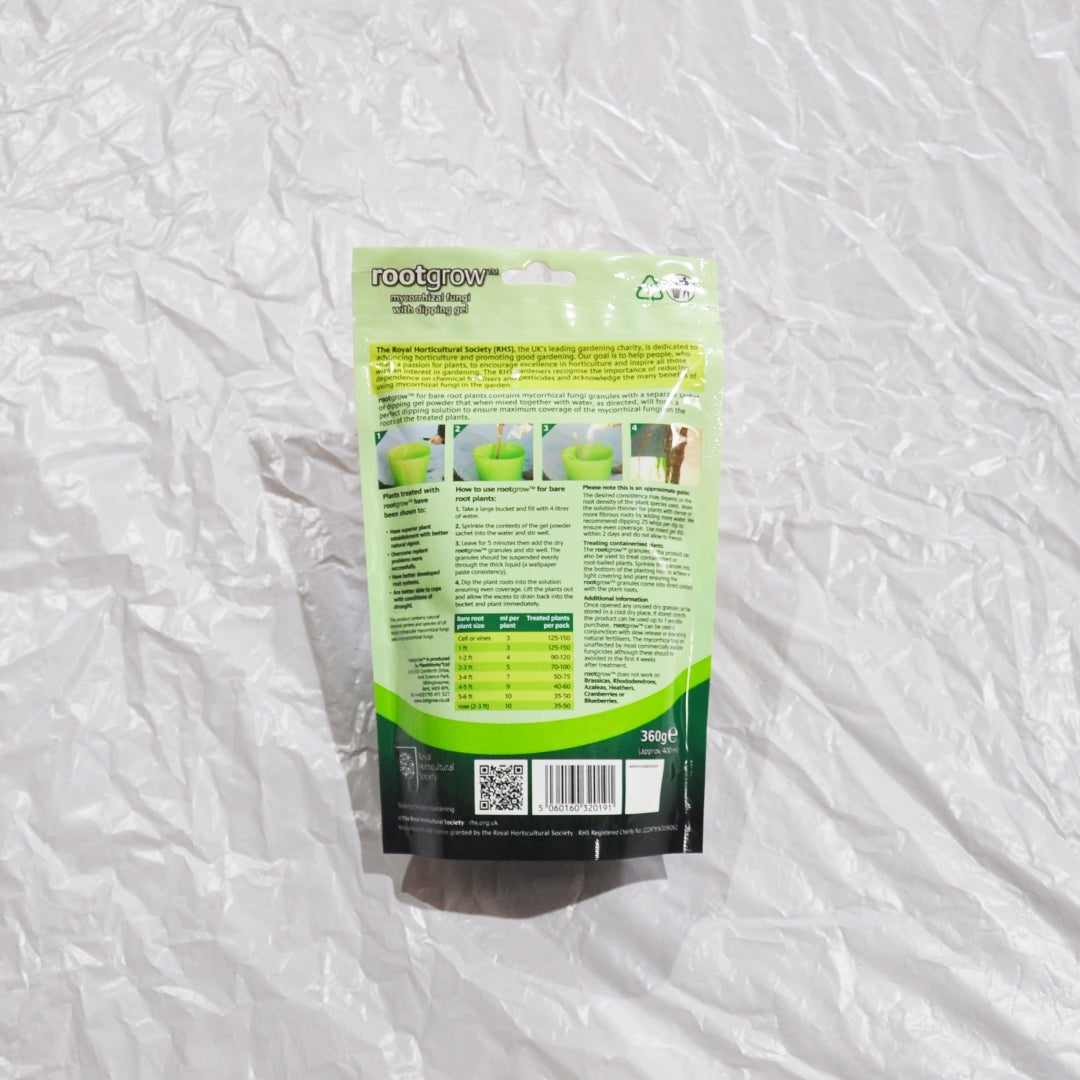Mycorrhizal Fungi Root Dip powder
Beneficial mycorrhizal fungi, form a symbiotic relationship with plant roots. This relationship helps plants absorb nutrients more efficiently, leading to improved overall plant health, increased drought resistance, and enhanced nutrient uptake from the soil.
Bareroot Discount
Container Discount
Site Discount
VAT Included
30 Containers minimum
Free Delivery
Sachet
Unit Price
Quantity
Price
Sachet:
320g
£9.99 each
Only 49 left!
-
+
Price: £0.00
No description









